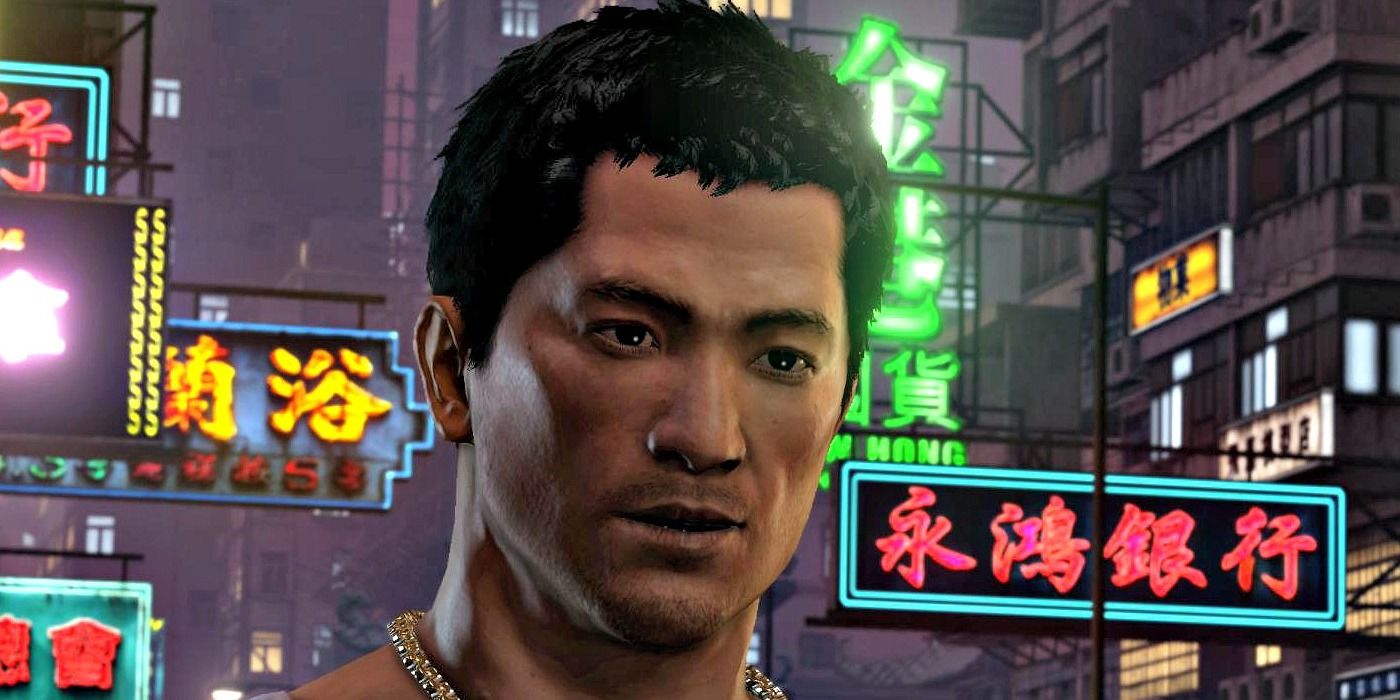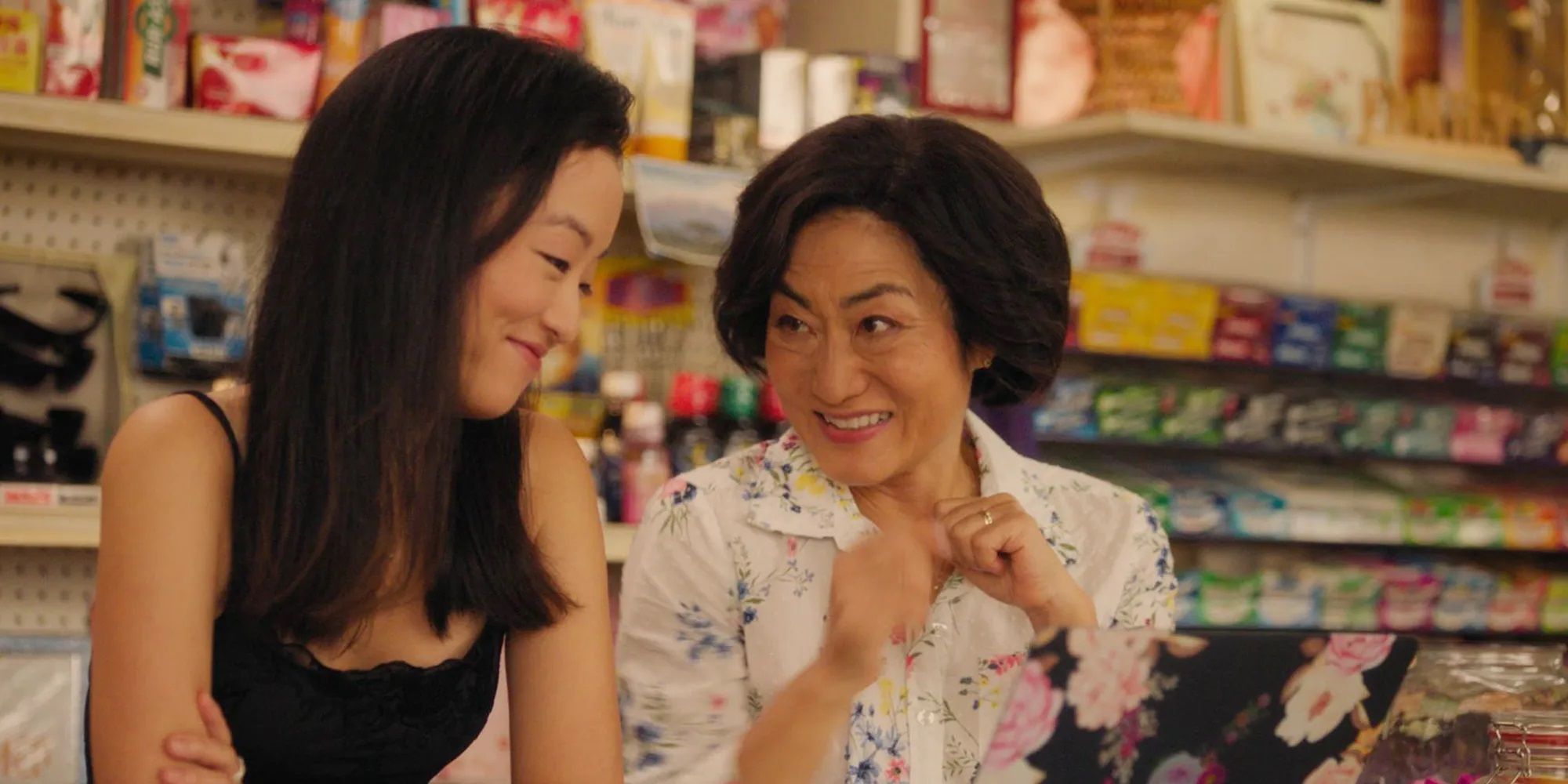Asian American pop culture has exploded in popularity over the past few years. Music collectives like 88rising and films like Everything Everywhere All At Once are dominating the Western media zeitgeist, something that was almost unthinkable ten years ago. Even one of America’s most famous celebrity chefs, David Chang, is Asian American.
Despite this collective progress in other media and wider society, Asian Americans are scarcely noticeable in video games, an industry that generates more revenue than movies, sports, music, and so much more.
In fact, the last major game with a fully realized Asian American protagonist doesn’t even stem from this decade. It’s Sleeping Dogs, a game released in 2012 by the now defunct United Front Games and Square Enix.
Asian American is a term borne more out of the need for political power than any shared cultural identity. It’s a term that foregrounds a distinct type of Asian American experience — typically Chinese, Japanese, and Korean — over others, such as Cambodian or Laotian. It also sometimes includes a broad swathe of people from the Pacific Islands, which were often colonised by Asian empires. It is a rich, broad spectrum to draw from, and yet the last time video games seriously looked at it came a decade ago.
Sleeping Dogs isn’t a game primarily concerned about identity. You are first and foremost an undercover cop in Hong Kong with a fondness for extrajudicial justice and an attitude towards women that on reflection is startlingly misogynistic. It does, however, recognize how profoundly important identity is to the game’s protagonist and the people he meets along his journey.
You play as Wei Shen, a native Hong Konger who grew up in San Francisco before becoming a cop. In the game’s early hours, Shen’s identity is a point of frequent conversation. Multiple characters, notably his shifu, comment about how hard it is to lay claim to multiple identities. Did he lose his ‘Chinese’ identity by leaving Hong Kong? Can he still lay claim to it all these years later now he’s back amidst his old stomping ground?
Sleeping Dogs often acknowledges the inherent messiness of being Asian American. It frequently feels subversive in its thematic execution. Take for example, Shen’s relationship with Amanda, an American tourist. In 2012, the mere idea of an Asian American man having a romantic relationship with a blonde, blue-eyed white woman was still fairly novel in pop culture, while here it is treated as something of relative normalcy.
For instance, although Hollywood’s first male sex symbol was Sessue Hayakawa, a Japanese actor, Asian American men were traditionally depicted as asexual or feminine — like Long Duk Dong in Sixteen Candles or singer William Hung. Famously, Jet Li’s kiss with Aaliyah in Romeo Must Die was removed in the theatrical cut, despite the two being cast as lovers.
In fact, it wasn’t until late 2011 that many Americans saw an honest depiction of Asian American masculinity and sexuality — Glenn Rhee in The Walking Dead. A few months later, the video game industry had its own stereotype-breaking moment in the form of Shen’s relationship with Amanda.
Amanda assumes that Shen doesn’t speak English. (He can.) She also assumes that an old temple is a kung fu school. (It’s not.) For his part, Wei Shen assumes that he holds all the power in the relationship. He also has a clearly stated preference for blonde, white women, which at the time was often seen as a status symbol by many men of colour.
It turns out that Amanda is a fraud with a fetish for Chinese men. She was playing him as much as he was playing her. It’s a brilliant inversion of the ‘yellow fever’ mentality, where white men exclusively date Asian women on the basis of their perceived ‘exoticness’ and ‘submissiveness’.
It’s not just the narrative that’s subversive either. The game’s voice actors are mostly Asians or Asian Americans — a rarity in 2012. Among the cast are Lucy Lui, Chin Han, James Hong, Tzi Ma, Will Yun Lee, and Elizabeth Sung. Even today, white actors still voice characters of colour, making the game’s cast even more impressive when put up against its contemporaries. Authentic casting will always be important when it comes to proper cultural representation, and once again Sleeping Dogs felt ahead of the curve.
Sleeping Dogs is a cultural oddity not just because of how race-conscious it could be, but because there has been no mainstream game like it since its release. No major game has come close to replicating the commentary and representation found within it.
Instead, when Asian Americans are represented, it is usually in a way where their race has no bearing on the plot, such as in The Last of Us Part 2 or Life is Strange. These omissions feel out of touch with reality, especially as hate crimes against Asian Americans continue to rise. Alex Chen moves to a small, idyllic, coal-mining town, populated mainly by older white residents, and nobody makes her feel uncomfortable or displays racist views? It’s not particularly true to life.
Seeing yourself authentically represented for the first time on screen is an immensely powerful emotion. I cried after watching Kim's Convenience, a sitcom about a Korean Canadian family. It was not because the show was particularly funny or sad. Rather, for the first time in thirty years, I had seen something approximating my experience on screen. It was like Full House or Friends, except I could see myself in the stories and characters.
In the intervening years since Kim's Convenience, Korean culture has taken over the globe. In fact, it has become so popular that it’s not uncommon for me to meet a non-Korean with more knowledge about my Umma’s culture than myself. The same can be said for Japanese pop culture and, to a lesser extent, Chinese.
Of course, not everything has to be about race. My Koreanness does not affect every interaction or decision I make. However, at this point, the near-total lack of stories that even remotely centre on the Asian American experience is disheartening, even insulting. It makes me wonder if this medium loves me in the same way I love it.
Developers shouldn’t explore these types of stories just because it’s the right thing to do. Delving into these complexities can yield fantastic stories that feel new and refreshing, even to non-Asian American audiences. What stories might the video game industry have told if others had tugged on the narrative strands left hanging by Sleeping Dogs? Would video games have produced something equal to Minari or Crazy Rich Asians, two critically and commercially successful films with plenty to say about Asian American identity?
Far too often, it feels like video games are ten years out of step with wider cultural trends and conversations. The idea of Asian Americanness has advanced far beyond how it was depicted in Sleeping Dogs, and yet games still have not caught up. Video games can be revolutionary. Sleeping Dogs demonstrated that it is very much possible for games to be ahead of their time. It would be nice if the industry hadn’t stopped there.






